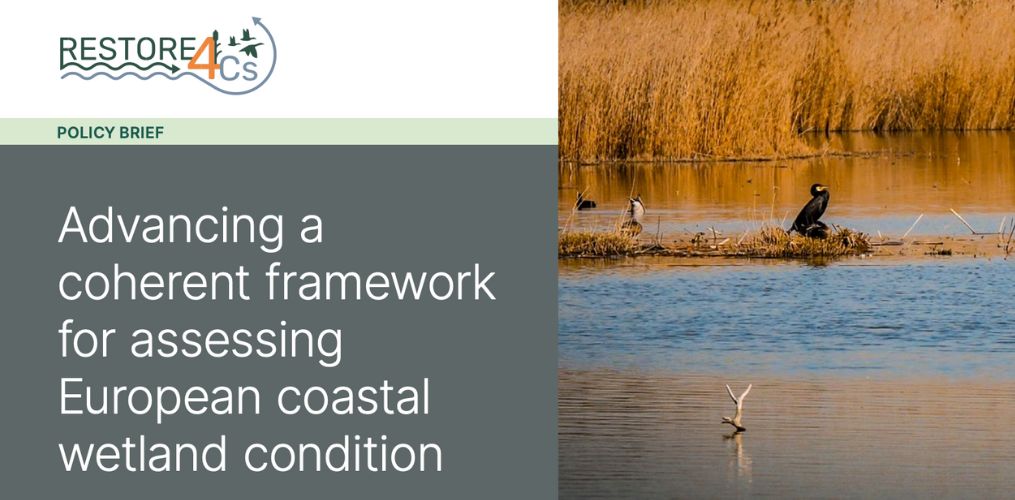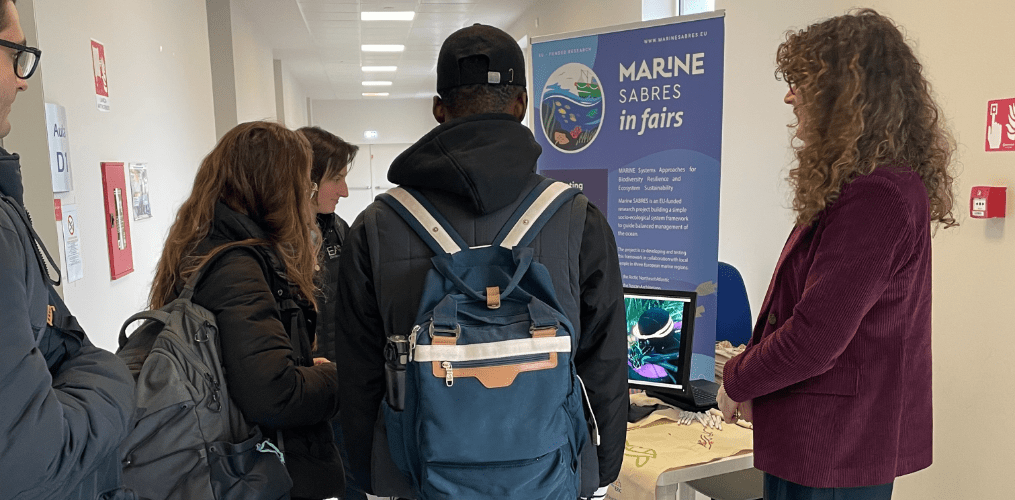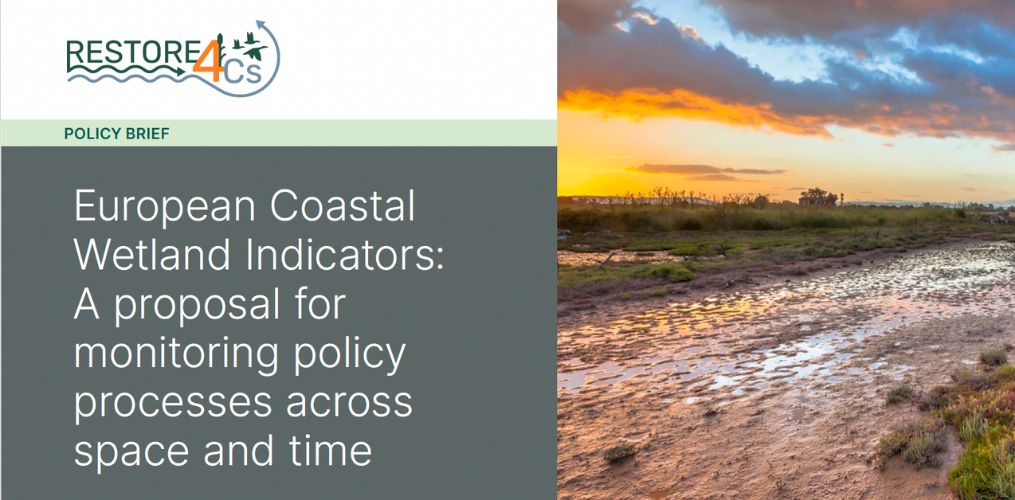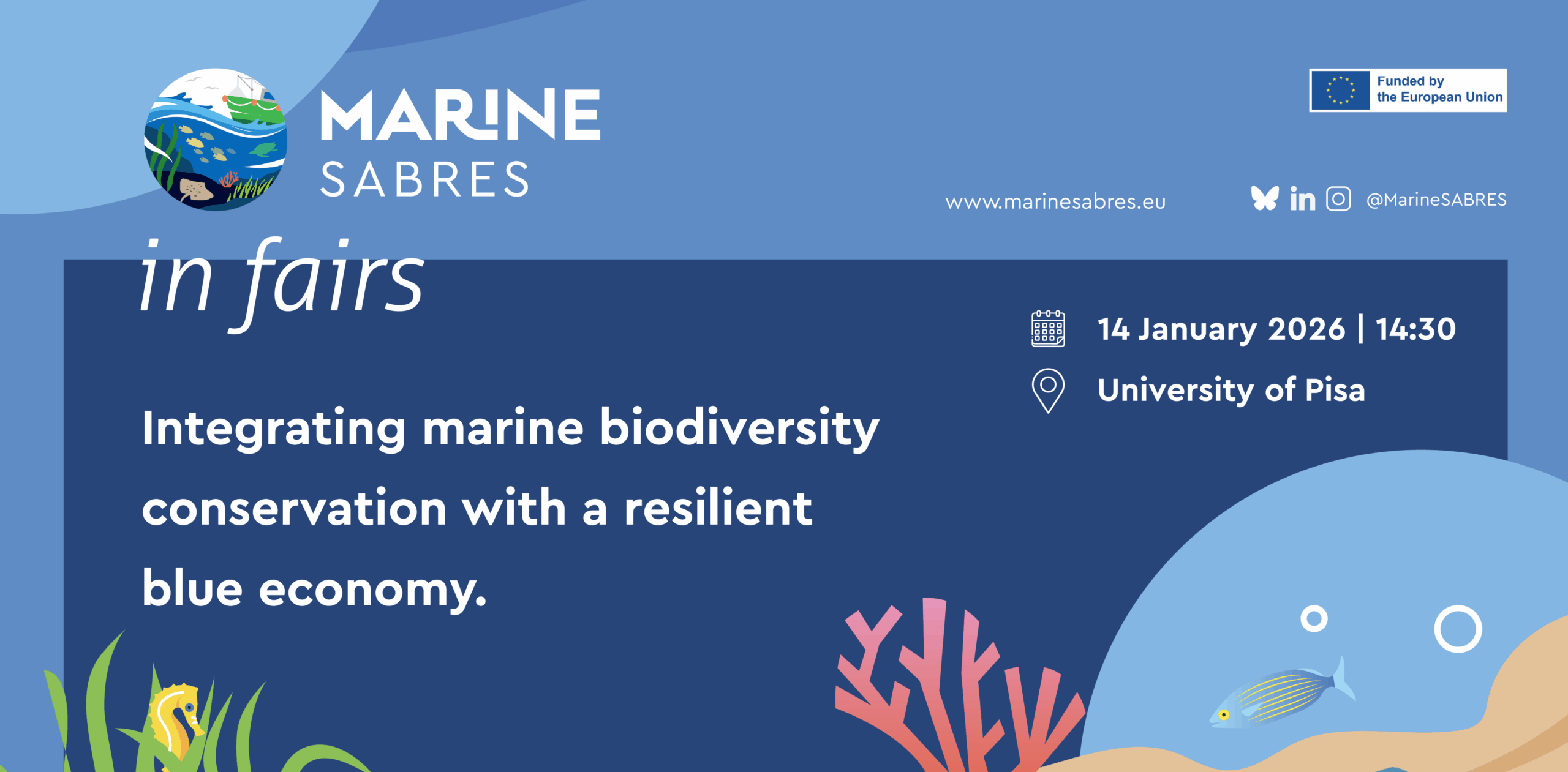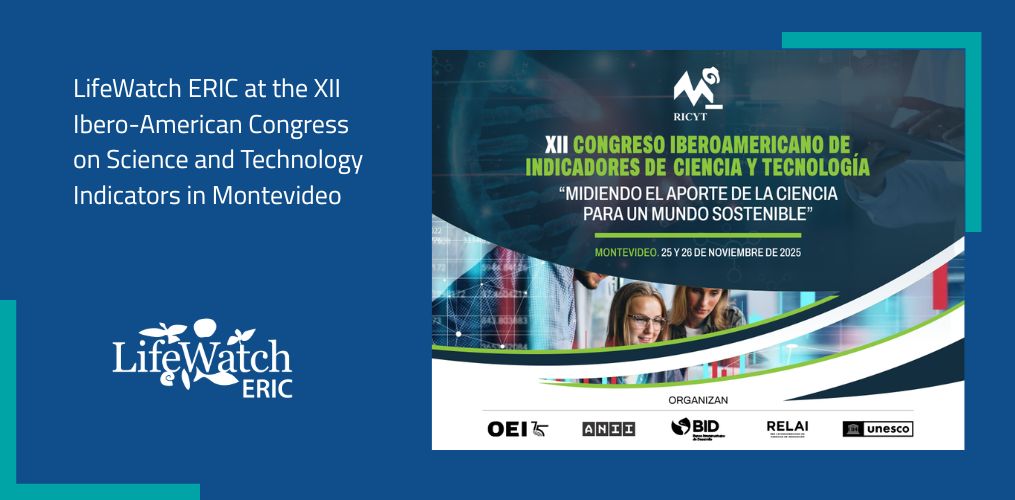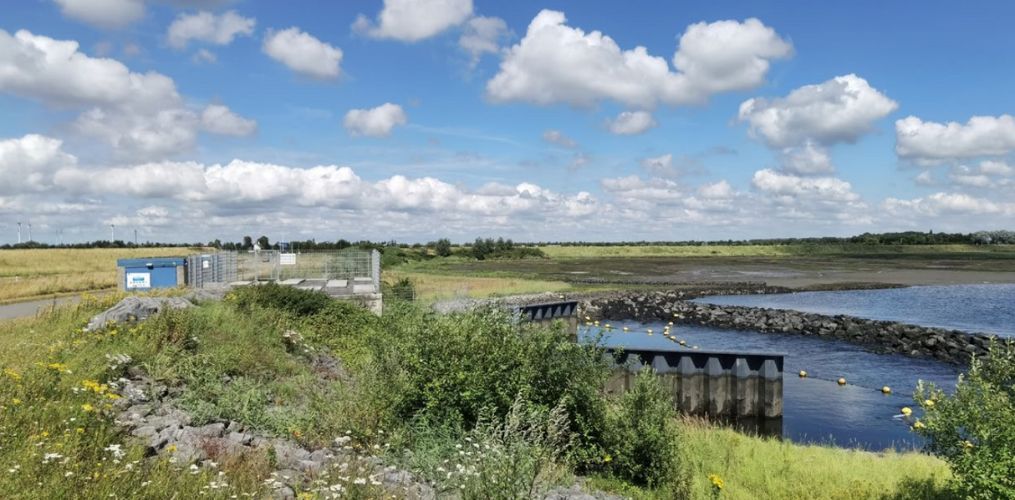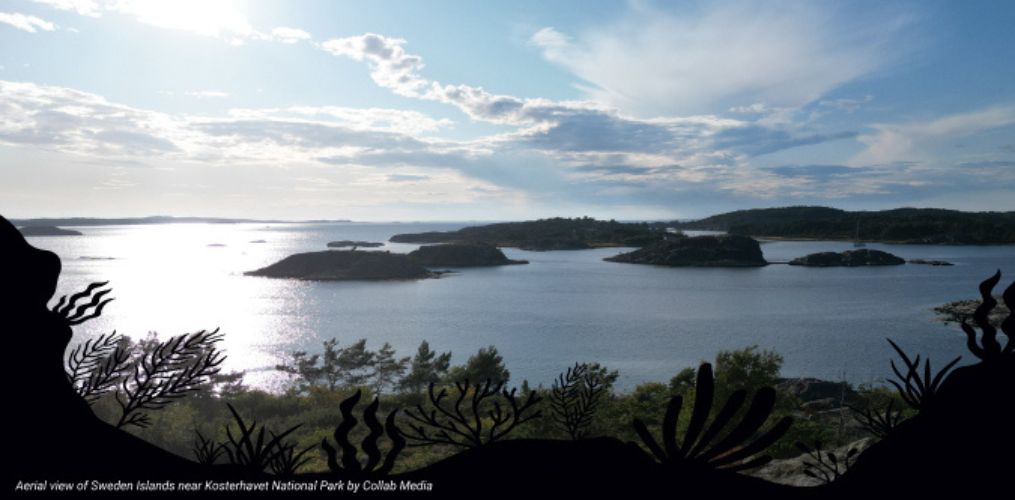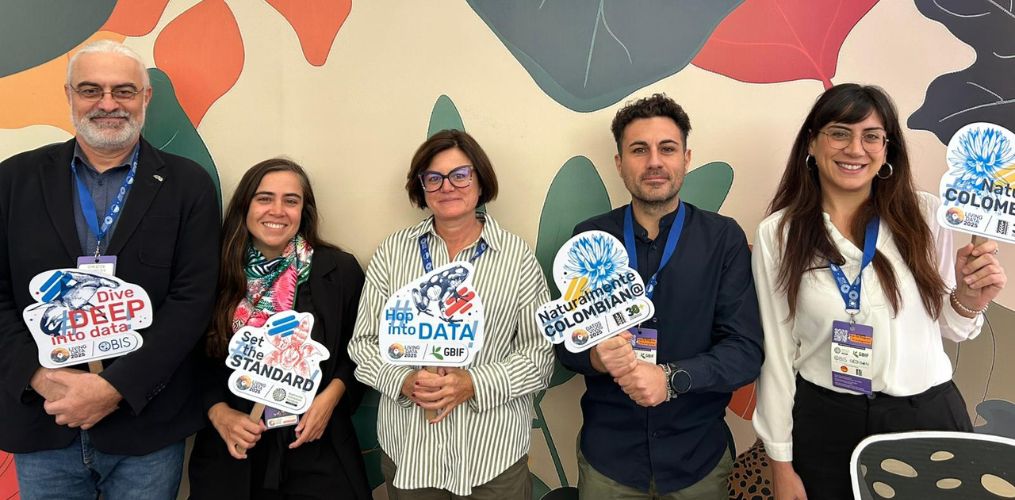The collection of multi-language Policy Briefs from the RESTORE4Cs Project (https://www.restore4cs.eu/resources/policy-briefs), provides best practices and science-based knowledge on European coastal wetlands restoration, gathered through the three years of project, and across 6 case studies.
In this article we talk about Policy Brief #8 and #9.
Policy Brief #8 “Advancing a coherent framework for assessing European coastal wetland condition”, addresses the lack of a clear definition of coastal wetlands, a shortcoming that results in these areas often being overlooked within policy frameworks. The document advances a harmonised definition of coastal wetlands, aligned with the Ramsar Convention on Wetlands (1971), that captures the full land-sea continuum where salt, brackish, and fresh waters interact.
Moreover, building on that definition, it provides a harmonised spatial mapping approach, to delineate coastal wetlands across Europe, establishing a consistent EU-wide baseline for monitoring their extent and condition.
You can download the full document in English here: https://www.restore4cs.eu/wp-content/uploads/2025/12/EN_Policy-Brief-8-v5_Final.pdf
Policy Brief #9 “How can coastal wetland restoration mitigate climate change? What we know and what is still unclear”, proposes coastal wetland restoration as a promising NbS (Nature-based Solution) for climate change mitigation. In fact, restored wetlands act as net carbon sinks, increasing carbon stocks in plant biomass and soil, without a corresponding increase in GHG emissions. At the same time, it highlights inconsistencies in the availability of data about carbon stocks and GHG emissions across countries and wetland types. Freshwater wetlands and transitional waters in Europe are still underrepresented in empirical evidence.
The document also highlights that the focus is primarily on carbon stocks, rather than GHG emissions, while the reporting of GHG flux data is not yet standardised.
Read and download the document here to get the key policy recommendations: https://www.restore4cs.eu/wp-content/uploads/2025/12/EN_Policy-Brief-9-v7_Final.pdf
